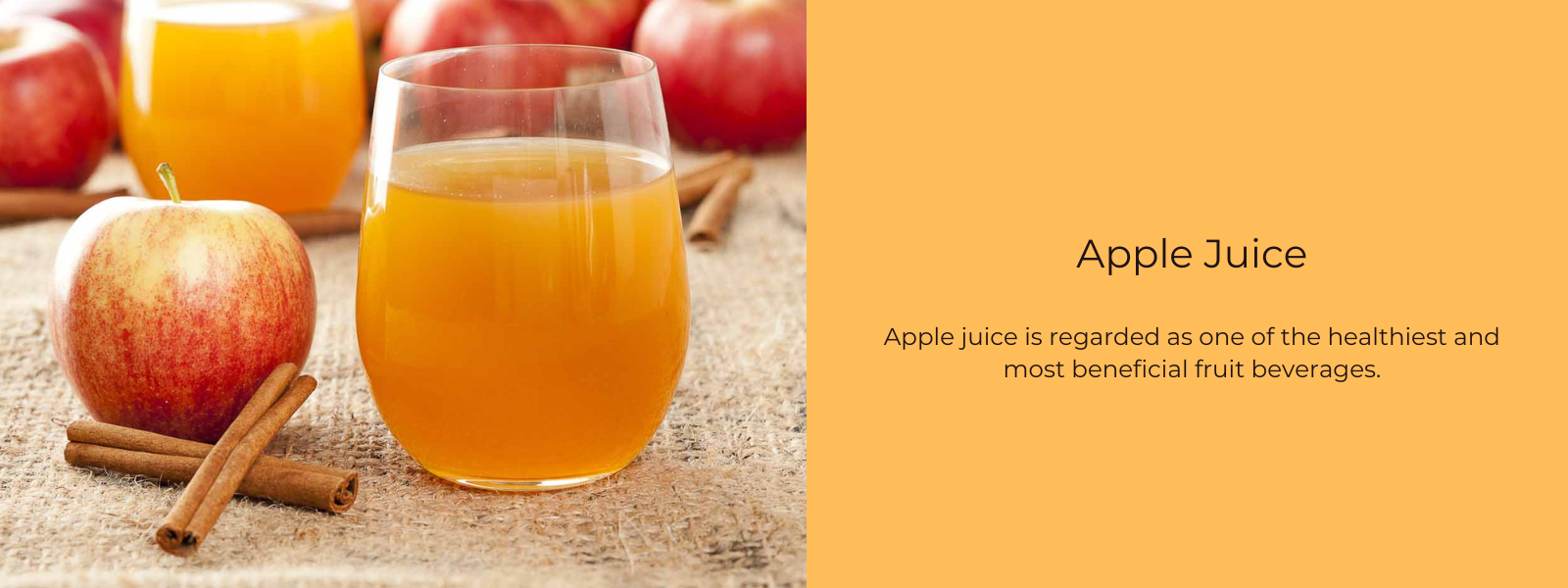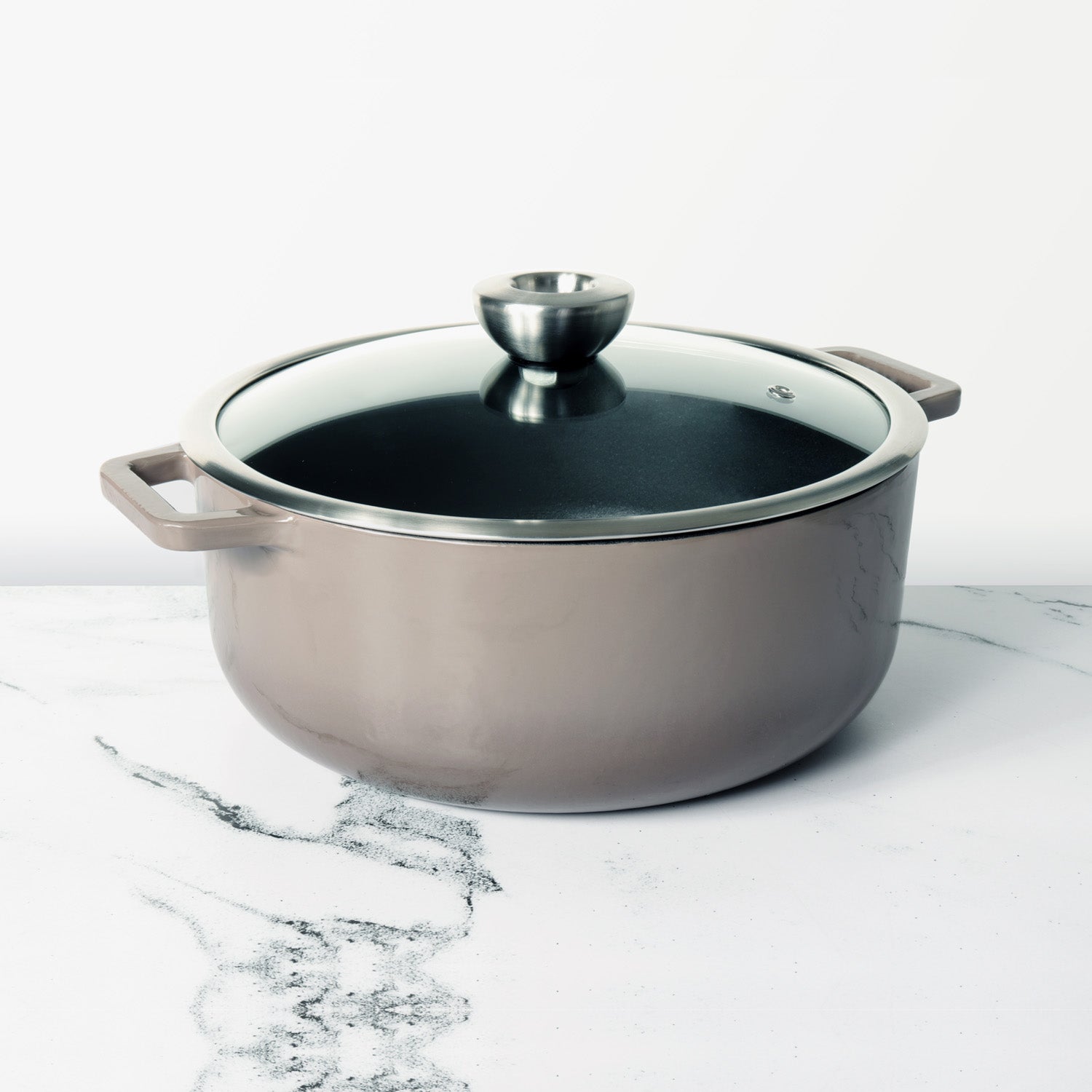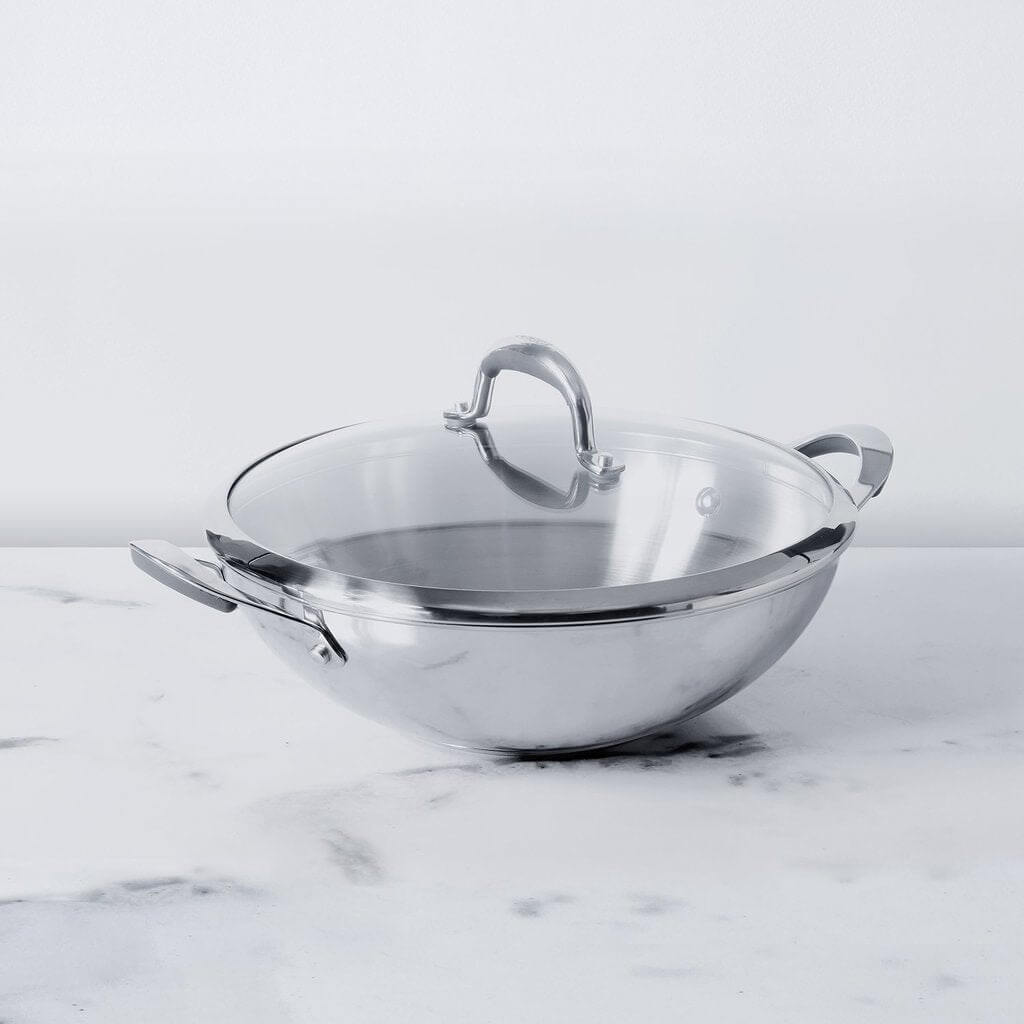Cherry juice is not just deliciously reviving, but it also provides substantial health benefits. It contains approximately 120 calories for each 1-cup serving and is abundant in potassium and iron.
There are numerous distinct types of cherry juice. Go for juices that contain only pure, unsweetened cherry juice. Additionally, distinct varieties of cherries are used for making juice. Tart cherry juice has an acidic flavour and contains more anthocyanins than black cherry juice that is sweeter and contains fewer anthocyanins. Anthocyanins enhance the body's anti-inflammatory processes. Both are nutritious and delicious options.
Table of Contents
How to make cherry juice?
A person can create cherry juice by using a food processor by following these steps:
- Wash and remove the stems from fresh cherries.
- Blend 1 cup of cherries with 1/4 cup of water, adjusting as necessary.
- Blend cherries in a food processor till they are just free of their seeds.
- Sieve into a container or bottle.
- Consume within five days.
Nutritional profile of cherry juice:
Calories: 159
Fat: 1.5g
Sodium: 10.8mg
Carbohydrates: 36.9g
Sugars: 32.8g
Fiber: 0g
Protein: 0.8g
Thiamin: 0.16mg
Copper: 0.1mg
Potassium: 433mg
Iron: 1.1mg
Manganese: 0.16mg
Health benefits of cherry juice:
Anti-Inflammatory Properties
Anthocyanins, which are anti-inflammatory substances found in tart cherry juice, may aid in the fight against certain chronic diseases. In a randomised, placebo-controlled study, acidic cherry juice reduced inflammation biomarkers associated with chronic diseases by a significant amount.
These anti-inflammatory compounds may provide arthritis patients with much-needed respite. According to studies, tart cherries can alleviate the pain and rigidity of arthritis and other joint pain disorders.
Physical Recuperation and Performance
Multiple studies have demonstrated that tart cherry juice substantially reduces post-exercise muscle soreness and recovery time. In a randomised, placebo-controlled study, college athletes who consumed tart cherry juice twice a day for eight days experienced reduced muscle discomfort and strength loss after exertion.
In addition to assisting in recuperation, tart cherry juice can improve athletic performance. Due to its low glycemic index, anti-inflammatory and antioxidant capacity (disease fighting), and blood flow enhancing effects, it may improve endurance exercise performance, according to research.
Better Sleep
If you suffer from insomnia, astringent cherry juice may help you sleep better. The research indicates that acidic cherry juice increases the duration and quality of sleep for individuals with insomnia. This may be due to the fact that astringent cherry juice enhances the bioavailability of tryptophan and the production of melatonin in the body.
Antioxidant Properties
Age-related oxidative stress in the body may be ameliorated with tart cherry juice. According to studies conducted on older individuals, tart cherry juice increases antioxidant defences and decreases oxidative damage. Another randomised, controlled study revealed that the antioxidant properties of cherry juice may enhance the cognitive abilities of older individuals.
Storage and food safety:
Look for pasteurised liquid at all times. According to the FDA, unpasteurized or otherwise untreated juice may contain pathogenic microorganisms.
Manufacturers of cherry juice recommend refrigerating juice once it has been unsealed. Generally, correctly refrigerated juice will remain fresh for approximately 9 to 12 days. Additionally, cherry liquid can be frozen for later use.
If you prepare juice at home, observe safe food handling procedures:
- Before and after preparing the juice, wash your hands with warm water and soap for at least 20 seconds.
- Wash your cherries without detergent, soap, or a commercial produce cleanser under running water.
- Cut away any areas that are bruised or damaged and discard any rotting cherries.
- After rinsing the cherries, pat them dry with a dry towel or paper towel to eliminate any remaining bacteria.











Leave a comment